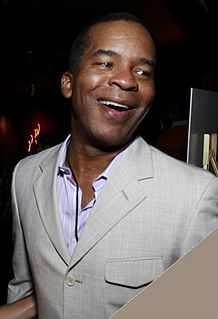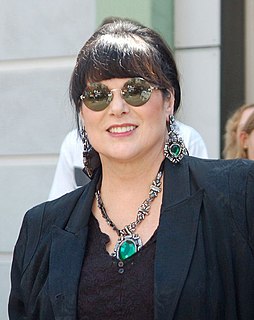A Quote by Alfonso Cuaron
Cautionary tales were fantastic in the '70s.
Quote Topics
Related Quotes
You can think of my films as cautionary tales, but you might even think of them as despairing tales, because at least in a cautionary tale, you have this idea that by listening to the story you can assure a better outcome. Whereas I'm not at all convinced that's the case. In fact, if anything, I'm convinced that it's the opposite.
Boys like romantic [fairy] tales; but babies like realistic tales - because they find them romantic...This proves that even nursery tales only echo an almost prenatal leap of interest and amazement. These tales say that apples were golden only to refresh the forgotten moment when we found that they were green. They make rivers run with wine only to make us remember, for one wild moment, that they run with water.





































